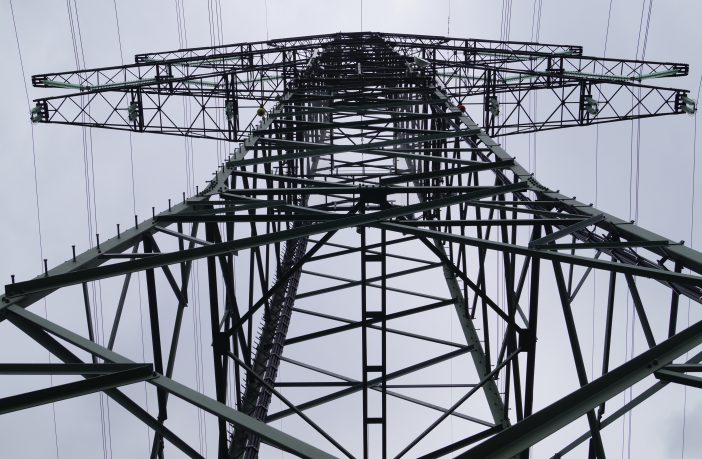- The Mozambican publicly-owned electricity company, Electricidade de Moçambique (EDM) has resumed selling power to Botswana.
- They will be selling 70 megawatts of power to Botswana under a five month contract running from May to September.
- Botswana also wants to purchase an additional 150 megawatts for two years, starting in April 2020 while it carries out maintenance on its own power stations.
At a press conference held on Wednesday this week, the EDM Director of System Operations and Markets, Aderito de Sousa, announced that Mozambique had exported electricity to Botswana from 2014 to mid-2017. But during the visit by Botswana President Mogweetsi Masisi to Mozambique in January, the Botswana delegation asked for the arrangement to be revived for a limited period.
The Botswana Power Corporation (BPC) will pay EDM approximately US 5 million a month for the 70 megawatts. Sousa said Botswana wants to purchase an additional 150 megawatts for two years, starting in April 2020. During this period, the BDC will be rehabilitating Botswana’s own power stations. This second contract has not yet been finalised.
De Sousa guaranteed that the exports to Botswana will not affect EDM’s commitments to its Mozambican customers. The power will be drawn from available capacity, some of it generated by EDM itself (at the recently inaugurated combined cycle thermal power station in Maputo, for example) and some by independent producers.
In recent years, said Sousa, an additional 500 megawatts has come on stream, and there is a surplus that will allow EDM to meet international commitments without compromising Mozambican clients. EDM already has an agreement to sell the Lesotho Electricity Company between 10 and 30 megawatts per month. Read more
The main buyer of Mozambican power remains the South African electricity company, Eskom through a PPA with Hidroelectrica de Cahora Bassa (HCB), which operates the Cahora Bassa dam on the Zambezi in Tete province.
Sousa said that 32 per cent of the Mozambican population now has access to electricity from the national grid. The government’s target is universal access by 2030.
EDM spokesperson Luis Amado told the press conference that the vast majority of EDM’s customers who were hit by cyclones Idai and Kenneth, in March and April, are now receiving power again.
In Sofala, the province that suffered the worst damage from Idai, EDM has so far spent 21 million dollars to restore the power supply. But a further 120 million dollars will be needed to upgrade the Sofala network and make it more resilient (including replacing timber pylons with ones made of concrete or steel).
To help the Sofala economy recover, power for local industries is being subsidised. Amado said that 343 Sofala companies are benefitting from a 50 per cent discount on their electricity bills.
About 2,500 EDM customers are still without power in the city of Beira, and a further 1,500 in the town of Mxungue and the district of Chibabava.
Author: Bryan Groenendaal
Source: AIM











